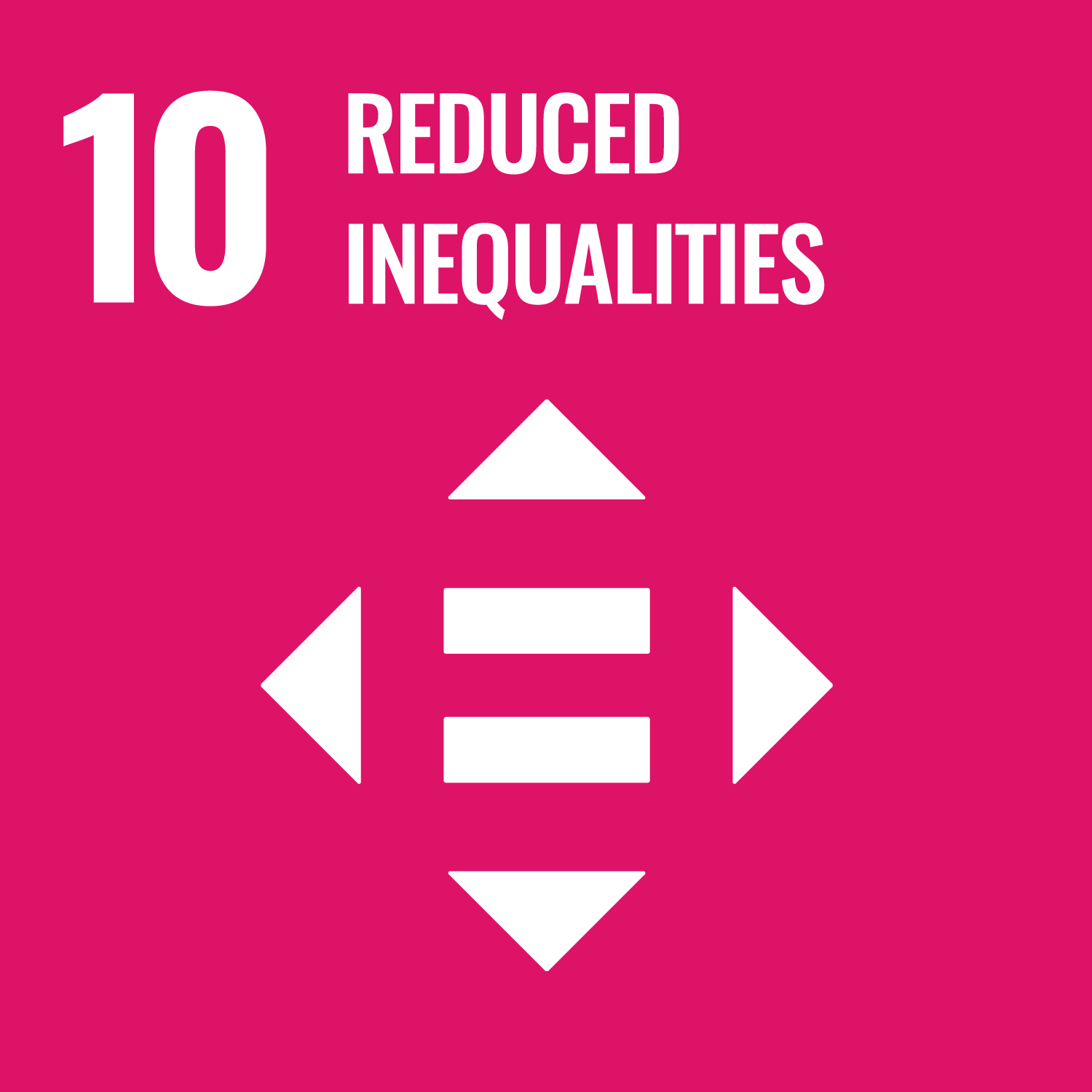New York State Increasing Employment and Improving Public Safety
Aligned SDGs


- New York State Increasing Employment and Improving Public Safety
- General overview
- Location
- Involved organisations
- Outcome metrics
- Results
- SyROCCo reports
- Other resources
- Spreadsheet of data
- New York State Increasing Employment and Improving Public Safety
- General overview
- Location
- Involved organisations
- Outcome metrics
- Results
- SyROCCo reports
- Other resources
- Spreadsheet of data
General overview
Stage of development: Implementation
Policy sector: Criminal justice
Date outcomes contract signed: Oct 2013
Start date of service provision: Dec 2013
Capital raised (minimum): USD 13.50m
Service users: 2k+ individuals
Intervention
The project will expand a comprehensive, evidence-based employment intervention for 2,000 formerly incarcerated individuals in New York City (“NYC”) and Rochester with the goals of increasing employment, reducing re-incarceration, and thus improving public safety. The intervention is composed of a set of evidence-based, comprehensive core services, including intensive life skills training for five days, immediate placement into a part-time subsidized subsidized transitional job (generally, 9 weeks of work over a period of 4 months), job placement into an unsubsidized job as participants are assessed to be job-ready; and job retention support for one year. The intervention is predicated on the belief that in order to succeed in life after prison, ex-offenders need to become attached to their communities and the job market as soon as possible after release.
Target population
Recently-released individuals under community supervision in NYC and Rochester who are at high-risk of returning to prison.
Location
Country
- United States
Service delivery locations
- New York City and Rochester, New York, USA
Involved organisations
Outcome metrics
- Recidivism (phase 1). Average reduction in 5-year bed days. NYS Department of Corrections and Community Supervision administrative data systems. Comparing treatment group to control group members between initial release from prison and the end of the relevant observation period.
- Recidivism (phase 2). Average reduction in 5-year bed days. NYS Department of Corrections and Community Supervision administrative data systems. Comparing treatment group to control group members between initial release from prison and the end of the relevant observation period.
- Employment in unsubsidized job - cohort 1. Binary indication of positive earnings in the fourth quarter following release from prison. NYSDOL quarterly unemployment insurance wage data.
- Employment in unsubsidized job - cohort 2. Binary indication of positive earnings in the fourth quarter following release from prison. NYSDOL quarterly unemployment insurance wage data.
- Engagement in transitional jobs cohort 1. Number of treatment group members who start a CEO transitional job during the relevant observation period. Proof of CEO employment intervention data.
- Engagement in transitional jobs cohort 2. Number of treatment group members who start a CEO transitional job during the relevant observation period. Proof of CEO employment intervention data.
- Engagement in low hours transitional jobs cohort 1. If average hours worked in trasntitional job is less than 111 hours. CEO intervention data.
- Engagement in low hours transitional jobs cohort 2. If average hours worked in transitional job is less than 111 hours. CEO intervention data.
Powered by SyROCCo SyROCCo reports
The following articles are taken from the Systematic Review of Outcomes Contracts Collaboration (SyROCCo) Machine Learning tool.
The tool is a collaboration between the Government Outcomes Lab and machine learning experts from the University of Warwick, that allows you to navigate and explore data extracted from nearly 2000 academic and grey literature publications related to outcomes-based contracting.
Other resources
Spreadsheet of data
Important Notice and Disclaimer on INDIGO Data
INDIGO data are shared for research and policy analysis purposes. INDIGO data can be used to support a range of insights, for example, to understand the social outcomes that projects aim to improve, the network of organisations across projects, trends, scales, timelines and summary information. The collaborative system by which we collect, process, and share data is designed to advance data-sharing norms, harmonise data definitions and improve data use. These data are NOT shared for auditing, investment, or legal purposes. Please independently verify any data that you might use in decision making. We provide no guarantees or assurances as to the quality of these data. Data may be inaccurate, incomplete, inconsistent, and/or not current for various reasons: INDIGO is a collaborative and iterative initiative that mostly relies on projects all over the world volunteering to share their data. We have a system for processing information and try to attribute data to named sources, but we do not audit, cross-check, or verify all information provided to us. It takes time and resources to share data, which may not have been included in a project’s budget. Many of the projects are ongoing and timely updates may not be available. Different people may have different interpretations of data items and definitions. Even when data are high quality, interpretation or generalisation to different contexts may not be possible and/or requires additional information and/or expertise. Help us improve our data quality: email us at indigo@bsg.ox.ac.uk if you have data on new projects, changes or performance updates on current projects, clarifications or corrections on our data, and/or confidentiality or sensitivity notices. Please also give input via the INDIGO Data Definitions Improvement Tool and INDIGO Feedback Questionnaire.